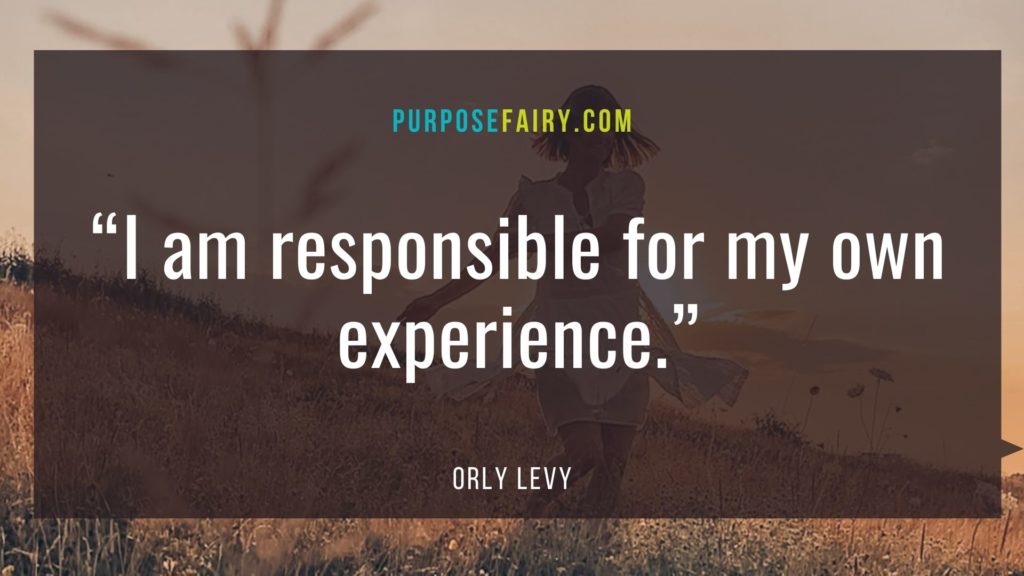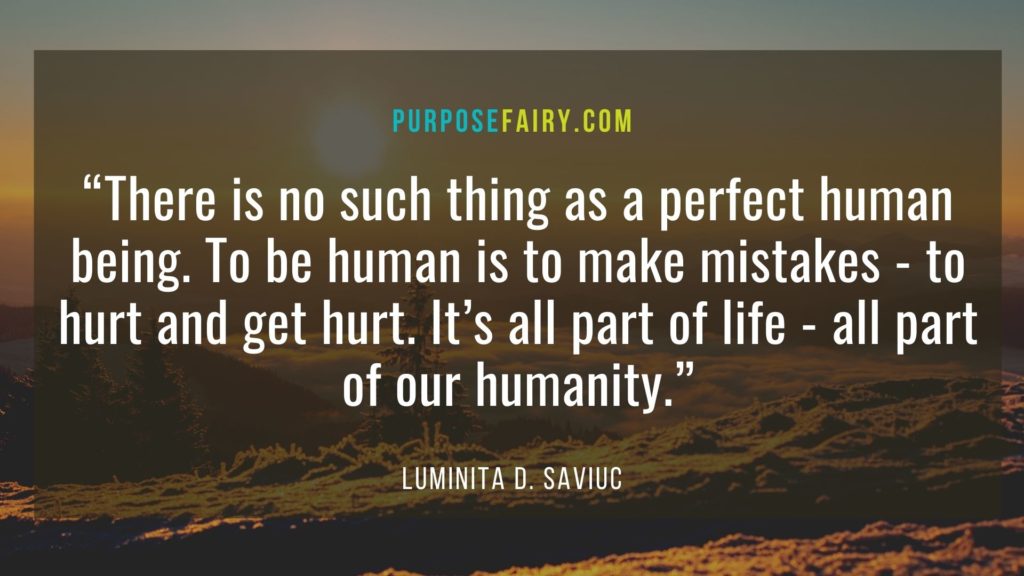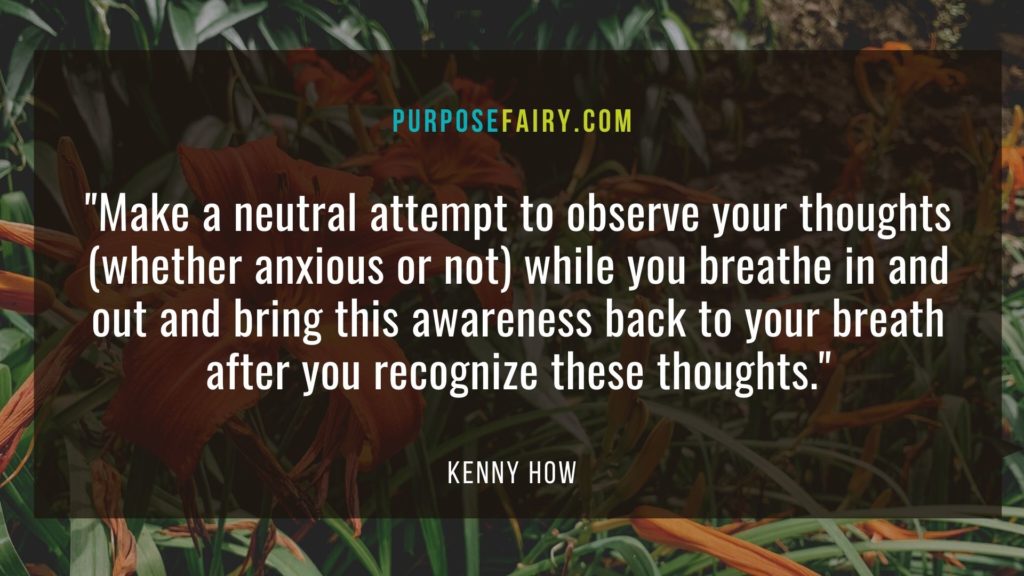
Critical Thinking offers a broad range of useful tools to improve your thinking. I’ve been teaching courses in logic and critical thinking for over twenty years.
Change Your Thinking
As a result of that experience, I have compiled seven tips you can implement to see immediate results.
7 Useful Tips to Improve Your Thinking and Change Your Life
1. Change your thinking by seeing your beliefs as tools.
People tend to see their beliefs as part of their identity. This causes problems when someone questions those beliefs. Such challenges are interpreted as a challenge to the person’s core being. The inevitable reaction is anger and defensiveness. Once those feelings kick in, there’s little chance for constructive dialogue.

A better mindset is to view your beliefs as tools. Imagine you need glasses. You pick out a pair that helps you see clearly. As long as they continue to help you see clearly, you keep them. But, if you begin to notice that they are no longer working as well as they used to, you discard them for a new pair.
You should treat beliefs like this. They are tools that should help you see the world clearly. If evidence shows that they are no longer working well you need to discard them as you would any tool that no longer functions well.
2. Change your thinking by holding your identity lightly.
This tip comes from Julia Galef’s book The Scout Mindset: Why Some People See Things Clearly and Others Don’t. In the book, she says that “Holding an identity lightly means thinking of it in a matter-of-fact way, rather than as a central source of pride and meaning in your life. It’s a description, not a flag to be waived proudly.”
So, whether you say you’re a Democrat, a Republican, a Christian, or an Atheist, you are providing a thumbnail description of a set of beliefs you hold. But, when you think about it, these beliefs are just descriptions of how you think the world works. They could be wrong. If they are, like any other beliefs, they need to be updated.
3. Change your thinking by distinguishing values from beliefs.
If you are going to treat your beliefs as tools and hold your identity lightly, what is left for you to embrace and hold on to? Values. As Adam Grant points out in his book Think Again: The Power of Knowing What You Don’t Know, “Values are your core principles in life—they might be excellence and generosity, freedom and fairness, or security and integrity. Basing your identity on these kinds of principles enables you to remain open-minded about the best way to advance them.”
Your beliefs are tools that can advance your values. But, if your beliefs are not advancing your values, they can and should be changed. Changing them becomes easier if you can recognize that they are not the same as your values.
4. Plan on making mistakes and then learn from them.

Mistakes are inevitable. It’s what you do when you make them that counts. As Matthew Syed points out in his book Black Box Thinking: Why Most People Never Learn From Their Mistakes—But Some Do, most people deny or cover up their mistakes. Instead, he advises us to adopt the model that their airline industry uses. When a mistake is made, they access the data recorded in the “black box” and use it to understand what went wrong. Then they figure out how to fix the problem.
The airline industry reviews data not to lay blame but to learn. When you eliminate the desire to assign blame and replace it with a desire to learn, you reduce the pressure on yourself to deny or cover up your mistakes. Remember, mistakes are going to happen. If you acknowledge and investigate them, you can learn from them.
5. Find out what people are afraid of.
Most people don’t arrive at their beliefs by carefully examining all of the evidence and then choosing the beliefs that are best supported by the facts. Instead, they have an intuition about the world or part of it and from that, they derive their beliefs. Reason is then used to justify that intuition after the fact. In his book The Righteous Mind, Jonathan Haidt refers to this as “the intuitive dog and its rational tail.”
Part of what drives intuition is emotion. Often people arrive at their intuitions about moral questions as the result of fear. If we listen to them explain their reasons for holding a moral stance we are likely to miss this underlying motivation. But, if you can see below the surface to what someone is afraid of you can gain a deeper understanding of their beliefs. And, you can develop empathy for them.
6. Change your thinking by not making assumptions, seek out information.
Too often we assume we know why someone holds a belief different from ours. They are ill-informed, they are mean, petty, spiteful, or worse, downright evil. Sometimes we make these assumptions based on listening to their reasoning without understanding their deeper intuitions. In short, we assume they are motivated by different fundamental values than we are.
In many cases, this is untrue. We share many common values with people with whom we seem to fundamentally disagree. This is why it helps to distinguish values from beliefs. If we can remember to do this for ourselves, it can help us give the same benefit to others as well.
Fortunately, there is a simple cure for the problem of making assumptions. We can ask questions. Or even better we can respond to a claim we find distasteful with a simple statement: Tell me more.
We often get so focused on disagreeing with a claim someone makes and pointing out why they are wrong, that we forget to find out the entire story behind the claim. What matters is not simply what the other person’s belief is. What matters is why they hold that belief.
A little digging will often reveal that they came to that belief as the result of the same intuitions that we have. Their belief, so different from ours, is the result of our shared values.
7. Change your thinking by reversing the scenario.

How often have you seen an inflammatory post on social media criticizing a politician or political outlook? Since you agree with the criticism, you naturally applaud the post and share it. But, before you do that, reverse the scenario.
Imagine that the inflammatory post was being made against a politician you agree with. What would be your reaction? Would you recognize that the criticism and the way it is worded are unfair? If so, then you should give that same consideration to the other side.
After all, it is possible that whoever made that post is motivated by the same concerns and values as you are. And, they are probably afraid of the same things you are. But, because of their different experience, they are expressing those fears and values differently.
Your thought processes are your operating system
Periodically you have to update your operating system on your computer or phone. It’s a hassle but often there are benefits and new features that become available. So, it’s worth the effort.
Your thinking is your operating system. They consist of several different parts some of which need updating more often. Others are more stable and require less updating.
Once you distinguish your beliefs from your values you can see that throughout the course of your life as you gain knowledge, your beliefs will require updating from time to time, while your values will remain stable. Your operating system will also need to be updated as you make mistakes and learn from them.
The operating system analogy also illustrates that, when it comes to our thought processes, we have more in common with others than we realize. Our thought processes are vulnerable to cognitive biases in much the same way, we all tend to define ourselves in terms of our beliefs, and we have similar reactions to being wrong and being confronted with challenges to our beliefs.
But, we all have access to good critical thinking tools that can provide protection for our operating systems. We just have to remember that these systems need to be regularly updated.
Comments
Kevin Browne
Kevin is an adjunct professor of philosophy at Jefferson Community and Technical College in Louisville, KY. He is also a certified philosophical counselor through the American Philosophical Practitioners Association. He can be found online at www.kevinjbrowne.com
read more